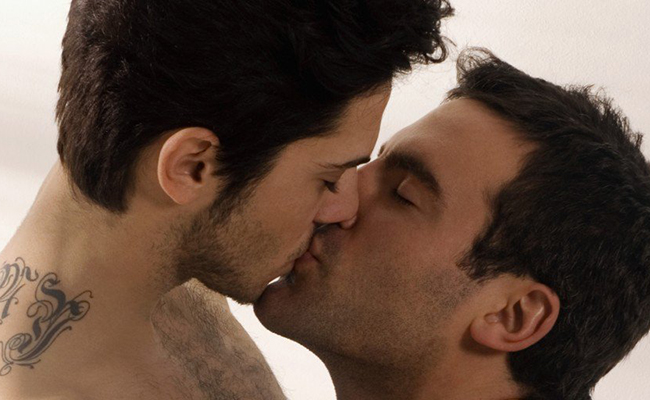Porn age verification plans scrapped by government
The controversial policy has been dropped following months of delays and concerns over privacy.
By Will Stroude
The UK government has scrapped plans to introduce mandatory age checks for all consumers of online pornography.
The controversial policy, which was initially set to be introduced in April 2018, has been dropped after repeated concerns over privacy, data security and its effectiveness, the BBC reports.
First touted in 2015, the ‘porn blocker’ policy would have forced internet users to prove they were over the age of 18 in order to access pornographic websites.
Such websites that did not comply with the age verification checks would have faced being blocked by internet providers.

However, critics argued that storing the data of porn users risked the possibility of blackmail and data leaks, and many questioned the overall effectivness of the policy, which would not apply to social media platforms such as Twitter and would not prevent under-18s accessing pornography by using virtual private networks (VPNs) which disguise users’ locations online.
In a statement released on Wednesday (16 October), Digital secretary Nicky Morgan said the government would no longer be “commencing” the policy.
In its place, Ms Morgan announced plans for new “duty of care” guidelines for porn providers to improve online safety for minors, and a new online regulator “with strong enforcement powers to deal with non-compliance”.

The news was welcomed by Jim Killock, executive director of civil liberties organisation Open Rights Group.
“Age verification for porn as currently legislated would cause huge privacy problems if it went ahead. We are glad the government has stepped back from creating a privacy disaster, that would lead to blackmail scams and individuals being outed for the sexual preferences,” he said in a statement.
“However it is still unclear what the government does intend to do, so we will remain vigilant to ensure that new proposals are not just as bad, or worse.”
